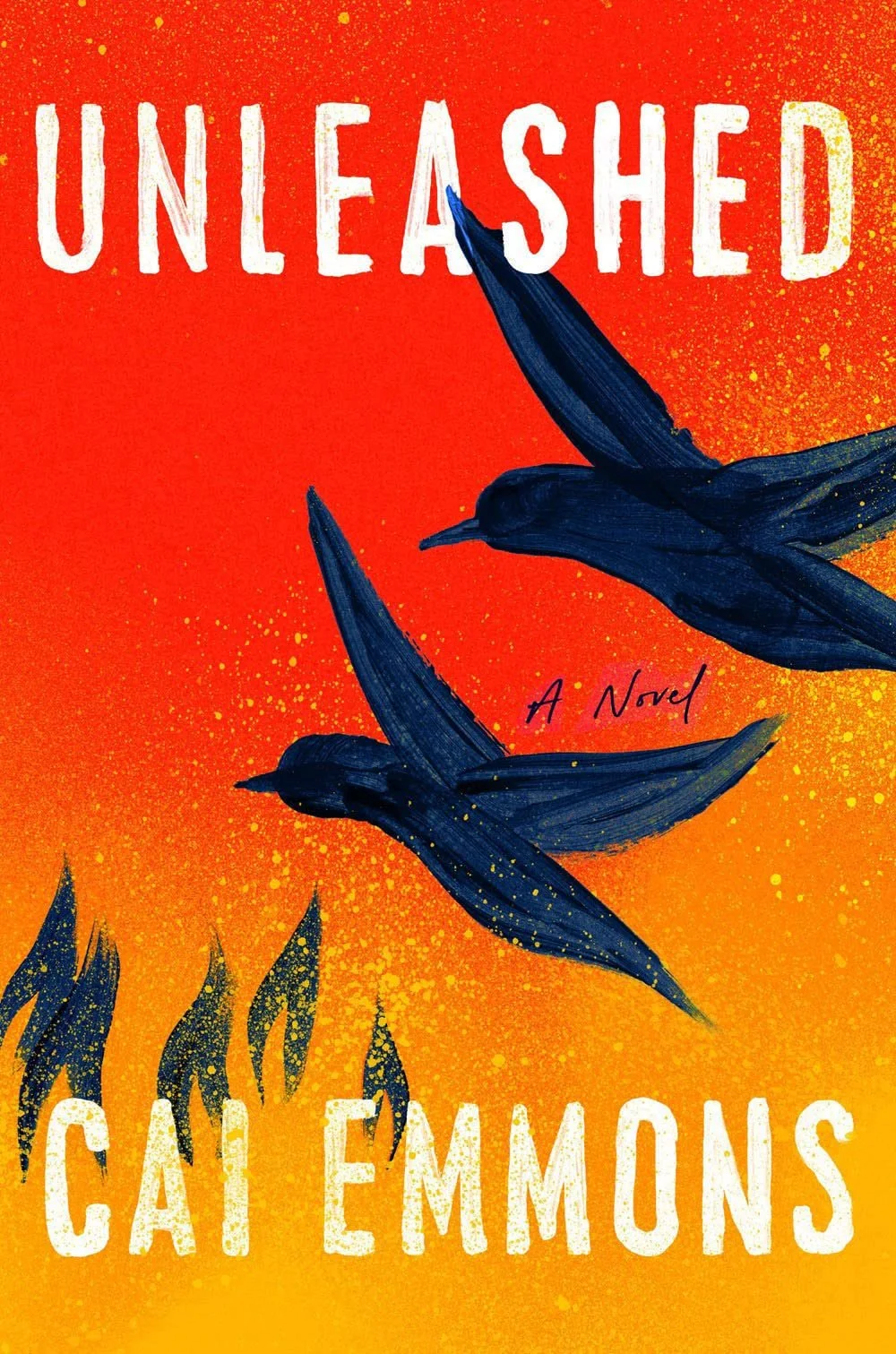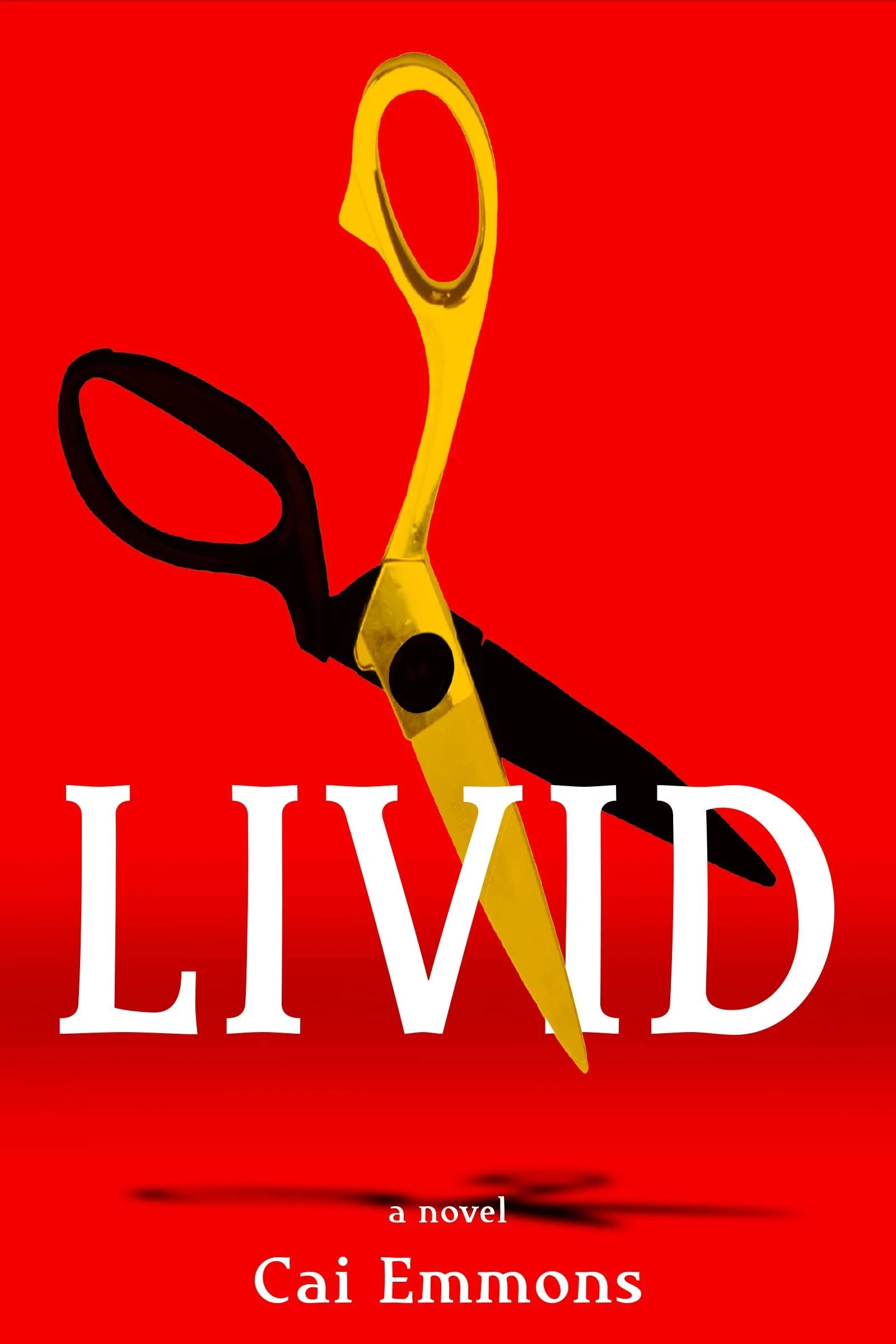The Habit of Writing: A Guest Post by Cai Emmons
I’m on maternity leave! During this time, a few of my favorite authors offered to step up and write guest posts so that this blog would remain active while I adjust to my new role as a mother. I may also be a bit slower to respond. Thanks for understanding and for being so supportive of me, my family, and my blog. Want to donate a few dollars to keep this blog running or perhaps contribute to my diaper fund? You can do so on Venmo or Paypal.
Sniff the Glorious World: A Guest Post by Cai Emmons
In September I had the unusual experience of having two novels published in the same month. It was gratifying and very unexpected—maybe if you’re James Patterson this happens, but not usually if you’re a lesser-known writer like me. Many people have asked me how this came about. Part of it was due to the fact that I had been diagnosed with ALS, so the publishers “crashed” their schedules to get the books out. But also, to be fair to myself, part of it was because I have, for many years, had a regular writing practice and, when you cleave to a regular schedule, you tend to produce a lot of work.
I have been writing for more years than I like to tally; as a child and teenager I wrote poetry, as a young woman I wrote plays and screenplays, and now in middle-age I write fiction. Early on I realized that if the writing was going to happen, I needed to make room for it, room meaning not space but time (though space is important too). It takes a while to train the various parts of the brain to work in concert—the frontal lobe with its nuanced command of language, the hippocampus with its congeries of memory, the amygdala with its strong passions—and eventually to serve up that unique brew a writer seeks. Writing is biological and muscular—akin to athletics in many ways—and habit encourages better instincts, better reflexes, better overall functioning. In my twenties I developed fairly reliable writing habits or, what Alan Bennett in his play about W.H. Auden calls “the habit of art” (which is the play’s title). I learned to write daily, and I learned to seclude myself in the early morning when my creative imagination is most active. This has served me well, in the sense that I have been able to keep writing, honing my craft, producing work which is (hopefully) better and better.
The ritual is as follows: My husband awakens me with coffee—the coffeemaker is in the bedroom—and I prop myself up with pillows, reach for my writing pad and pen and, after a few sips of coffee, I begin writing. I do not speak more than a few words to my husband; I do not open my email or social media; I do not check the news. I try to move as quickly as I can from the dream state to the page in order to maintain access to my unconscious for as long as I can. I have found that writing every day at the same time makes the generation of material almost Pavlovian. My mind and body know what to do, and they usually get to work immediately.
I write all my first drafts in longhand with a pad of lined paper and a pen. In the year and a half since my ALS diagnosis, my hands have begun to weaken. At the forefront of my mind is the question of what I will do when my hands cease to function. I do not honestly know. Because I can no longer speak, I use text-to-voice devices so when I have lost the use of my hands not only will my approach to writing have to change, but also my approach to any kind of communication. Will I stop writing then? It’s hard to say now, but I have a suspicion I won’t.
Some writers do stop writing, but it seems to me that most don’t. We can’t stop. We’re addicted to something about the act of writing, to the way it rewards us when we’ve found “the flow.” Most of us keep returning, for better or worse, to wrestle words onto the page. So, day after day, I continue to awaken to writing. I whisper to the muscles of my hands, urging them to keep going, to hold the pen and tap the keys until I exhale my last breath.
CAI EMMONS is the author of seven works of fiction, most recently the novels Unleashed and Livid.
The Habit of Writing: A Guest Post by Cai Emmons
Cai Emmons has written a rich and moving book about the things that make life matter, even during the darkest times."
—Dan Chaon, author of Sleepwalk
The Habit of Writing: A Guest Post by Cai Emmons
“…a classic page-turner that riffs on the nature of guilt and love and trust and truth. It’s a book you find yourself thinking about long after reading the final page.”
---Whitney Otto, best-selling author of How to Make an American Quilt
The Habit of Writing: A Guest Post by Cai Emmons







